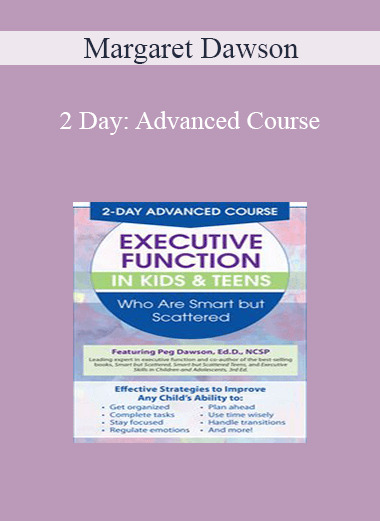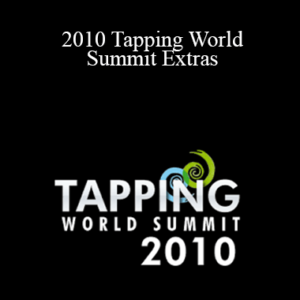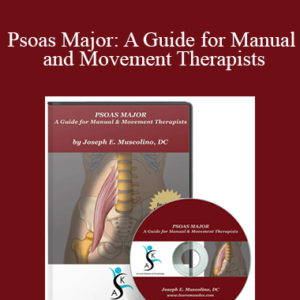- Faculty:
- Margaret Dawson
- Duration:
- 12 Hours 45 Minutes
- Format:
- Audio and Video
- Copyright:
- Dec 11, 2019
Description
| Manual – Executive Function in Kids & Teens (1.97 MB) | 76 Pages | Available after Purchase | |
| Additional Handout – Executive Functions (451 KB) | 21 Pages | Available after Purchase | |
| Instructions for ASHA credit – Self Study (64.4 KB) | Available after Purchase |
Outline
Get to Know Executive Function (EF)
- The 11 executive skills
- Two dimensions of EF skills: Thinking and doing
- Are EF skills innate? Learned?
- Exercise: Match the descriptor to the EF skill
The Neurobiology of EF
- Normal v. atypical brain development
- Chronological v. age of functioning, ex – ADHD
- How do executive skills develop in the brain?
- Negative influences on EF development
- Can executive skills be recovered?
Assessment: What Does Weak EF Look Like?
- Parent/teacher interviews: What to ask/ look for and why
- Behavior rating scales (BRIEF-2, ADHD Rating Scales-V, and more!)
- Limitations of formal evaluation
- Observation/informal assessment
- When is it an educational disability?
- Co-morbidity with mental health disorders
Linking Assessment to Intervention: 3 Key Skills to Accommodate Executive Skill Weaknesses
- Environmental Modifications
- Any changes made external to the child – physical or social
- Modify the nature of the task(s)
- Change the ways adults interact with the child
- Exercise: Brainstorm modifications for each EF skill
- Teach Deficient Skills
- Adults (temporarily) become the child’s frontal lobe
- 3 steps to embedding executive skills into:
- Content area lessons
- Whole-class routines
- Small group curricula
- Adaptations for K-6, middle school, and high school
- Step-by-step examples: Cleaning room, starting the day, homework plans, classroom organization
- Exercise: Design an EF-conducive classroom or home routine
- Motivate the Child to Use the Skill
- A new look at incentives and reinforcement
- The benefits of using incentives
- Simple “go-to” incentives
- Longer term, more elaborate incentives
- Exercise: Brainstorm and discussion on incentives
STRATEGIES, STRATEGIES, STRATEGIES: Must-Have Interventions for Home, School & Beyond
- The 7 keys to effective intervention design
- The “perfect” intervention has these 2 factors
- Must-have strategies for getting kids on board
- Covey’s in my control/out of my control
Student-Centered Interventions: Steps and Guidelines
- Exercise: Step-by-step development of a student-centered intervention
- Case: Sarah – seatwork struggles, poor follow through
- Case: Max – task refusal, wanders, not following directions
- Case: High school student – intellectual disabilities
Practical, Innovative Strategies Designed to Target:
- Beginning & end of day routines
- All things homework – collection, completion, turning in!
- Paying attention
- Desk cleaning
- Writing papers
- Longer-term projects
- Organization
- Managing open-ended tasks
- Taking notes
- Temper control
- Impulsivity
- Transitions
- Perspective taking
- Problem solving
- And more!
Coaching: 1:1 Interventions for Executive Skill Development
- Key components of coaching
- Stages and goal setting
- Class-wide peer coaching
- Evidence behind coaching’s effectiveness
Clinical Considerations
- ABA/RTI in schools
- Working with parents and families
- Multicultural factors
- Limitations of the research and potential risks
Faculty

Margaret Dawson, Ed.D., NCSP Related seminars and products: 11
Peg Dawson, Ed.D., NCSP, is a school psychologist and for over 20 years has worked at the Center for Learning and Attention Disorders in Portsmouth, New Hampshire, where she specializes in the assessment of children and adults with learning and attention disorders. She is co-author of the bestselling books on executive dysfunction, Executive Skills in Children and Adolescents: 2nd Edition (Guilford, 2010), Smart but Scattered (Guilford, 2009) and Smart but Scattered Teens (Guilford, 2013).
Peg is a past editor of Communiqué, the newsletter of the National Association of School Psychologists, and has published numerous articles and book chapters on a variety of topics, including retention, ability grouping, reading disorders, attention disorders, the sleep problems of adolescents, the use of interviews in the assessment process, and homework.
Peg has many years of organizational experience at the state, national and international levels and served in many capacities, including president of the New Hampshire Association of School Psychologists, the National Association of School Psychologists (NASP) and the International School Psychology Association.She has also participated in many of NASP’s leadership initiatives, including the Futures Conference and the development of both the second and third Blueprint for the Training and Practice of School Psychology. She is the 2006 recipient of NASP’s Lifetime Achievement Award. Peg received her doctorate in school/child clinical psychology from the University of Virginia.
Speaker Disclosures:
Financial: Margaret (Peg) Dawson is an author for Guilford Press and receives royalties. She is an author for Amacon publishers and receives royalties. She receives a speaking honorarium from PESI, Inc.
Non-financial: Margaret (Peg) Dawson has no relevant non-financial relationships to disclose.
Delivery Method
– After your purchase, you’ll see a View your orders link which goes to the Downloads page. Here, you can download all the files associated with your order.
– Downloads are available once your payment is confirmed, we’ll also send you a download notification email separate from any transaction notification emails you receive from coursesblock.com
– Since it is a digital copy, our suggestion is to download and save it to your hard drive. In case the link is broken for any reason, please contact us and we will resend the new download link.
– If you cannot find the download link, please don’t worry about that. We will update and notify you as soon as possible at 8:00 AM – 8:00 PM (UTC 8).
Thank You For Shopping With Us!







